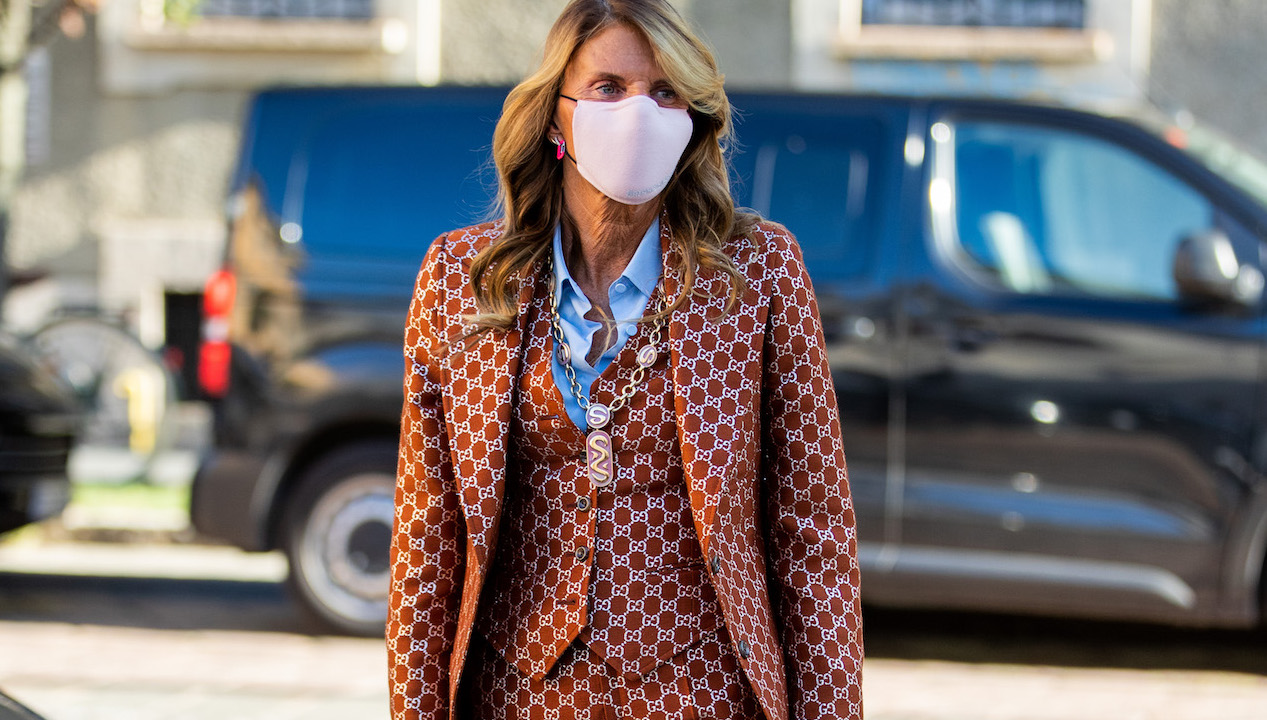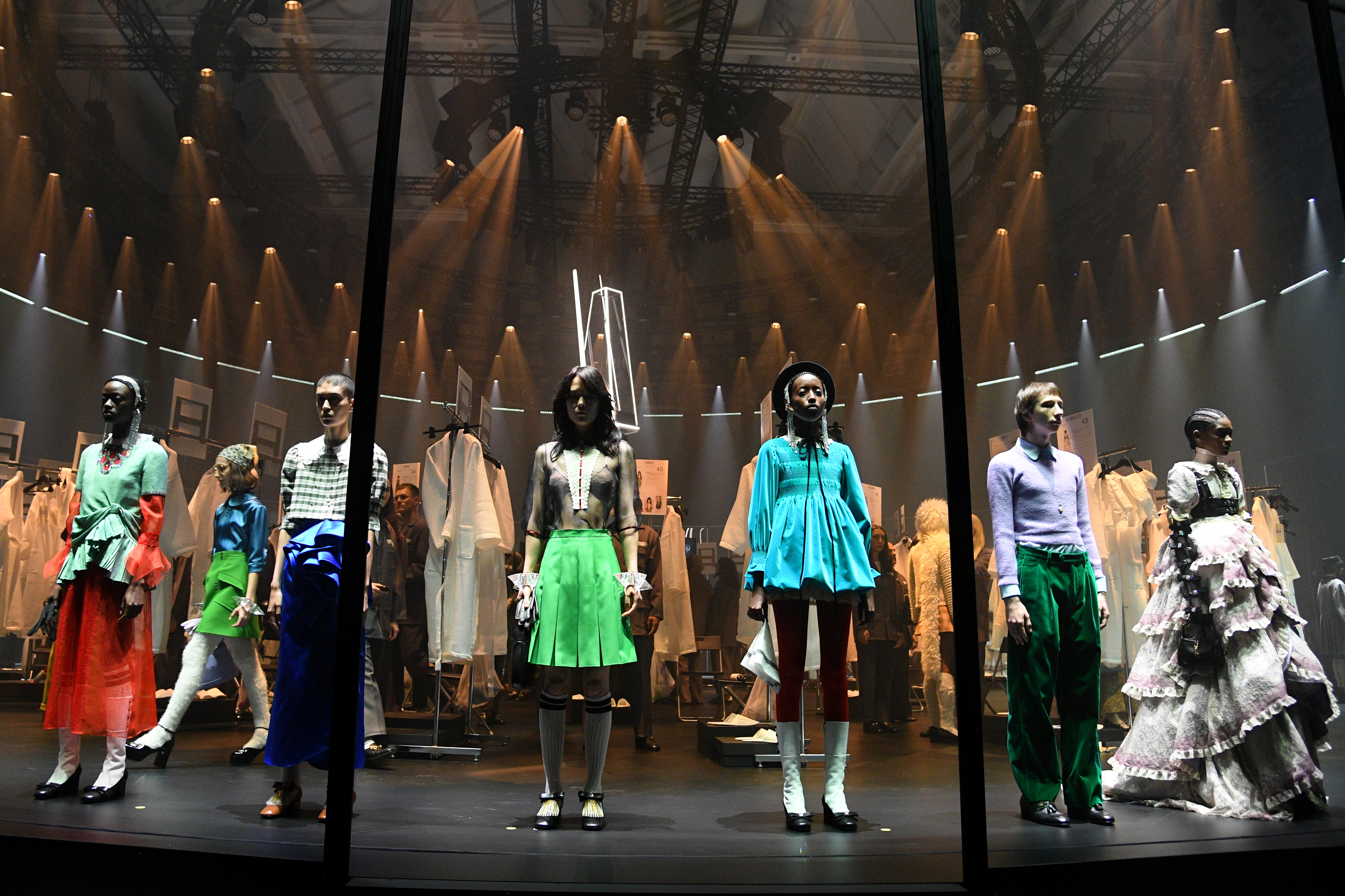

When Covid-19 forced the world indoors, it inadvertently slowed down the frenetic movement of the fashion industry. Conversations about fashion’s sustainability problem had been getting louder and louder in the last couple of years, amplified particularly by the fires in January. During lockdown, designers were given the opportunity to think long and hard about how they could transform their business models in a way that would benefit the planet.
Today Gucci has unveiled one such strategy, announcing a partnership with luxury resale website The RealReal, that exclusively resells second-hand Gucci pieces. “While we are focused on reducing our environmental footprint across our entire supply chain, we are also exploring ways to embed circularity in our approach,” Marco Bizzarri Gucci’s president and CEO told WWD, revealing the partnership launched October 5 and is due to run through the end of this year. “With our collaboration with The RealReal, we are further highlighting the inherent longevity of Gucci’s collections.”
For shoppers who buy any Gucci item through any The RealReal channel, The RealReal + Gucci will plant a tree. Same goes for those who consign Gucci items through The RealReal – The RealReal + Gucci will plant a tree.

This may not sound particularly ground-breaking (isn’t everyone buying and selling stuff online now anyway?), but it is. Luxury houses have been historically averse to engaging in the resale market, fearing it will cheapen their brand. Companies like Burberry, for example, found themselves in hot water when it was revealed they incinerated excess stock rather than sell it at a discounted rate (they later became one of the first brands to collaborate with The RealReal).
Gucci is pioneering in their willingness to embrace the circular economy as part of their business model. A large part of fashion’s waste problem can be resolved by giving trending pieces a longer lease on life. Offering a simple, authenticated outlet for shoppers to access older-season Gucci at reduced rates is an incredibly effective way to do just that.
It seems that fashion houses are slowly by surely taking their customers’ concerns about sustainability seriously. The same day Gucci announced the plans, Levis revealed a new ‘buy-back’ system in which customers can trade-in their old jeans for a $25 store voucher. Those secondhand jeans will then be upcycled. Granted, none of this will provide an overnight cure to the industry’s large-scale waste problem, but it is a start.
All products featured on GRAZIA are independently selected by our editors. However, when you buy something through our retail links, Grazia may earn an affiliate commission.














